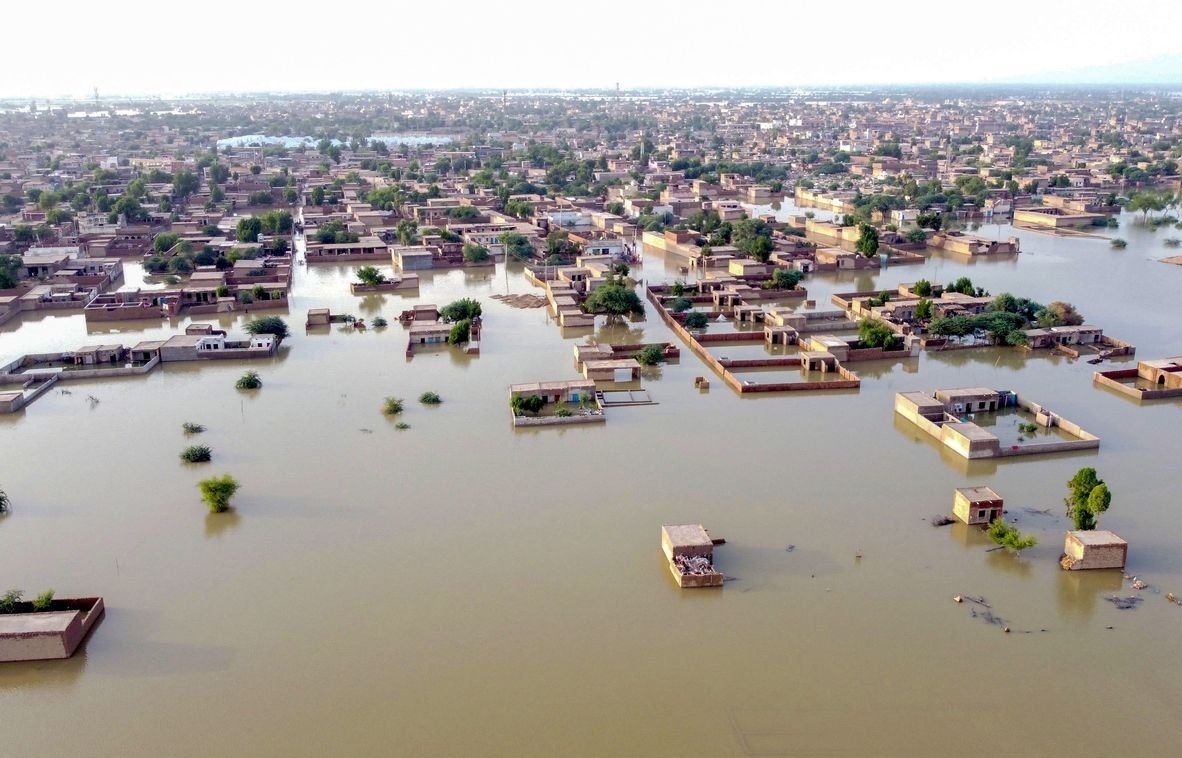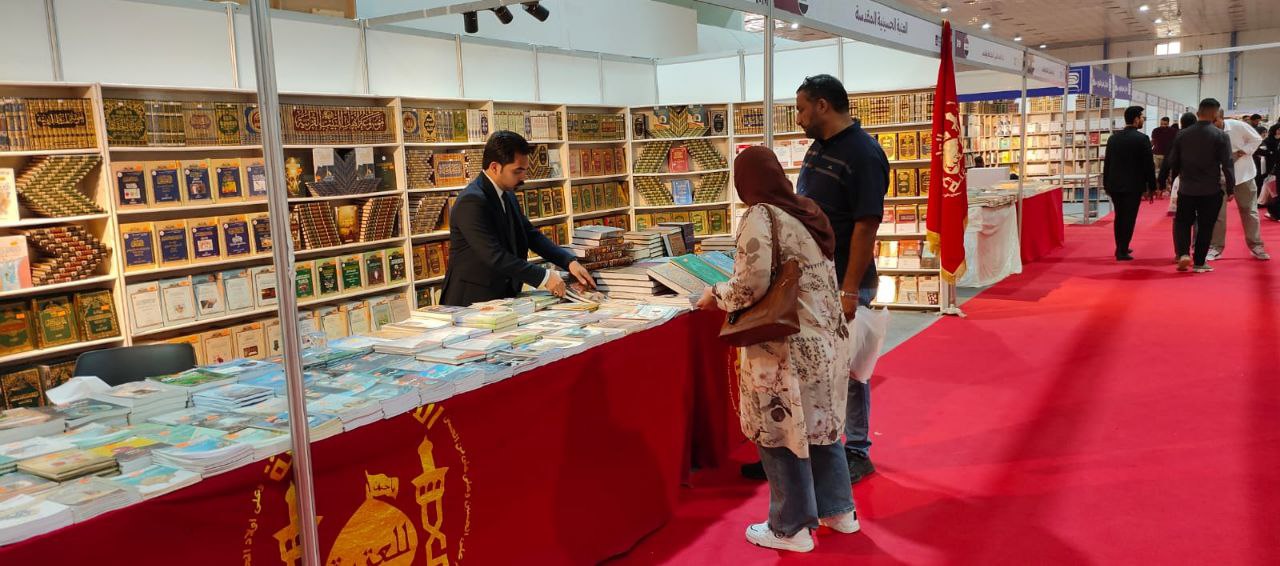Study shows over 85% of Muslims in New Zealand complain of discrimination, Islamophobia
The first baseline study of Muslims in New Zealand has revealed that more than 85 percent of Muslims living in the country believe that Islamophobia exists in New Zealand and more than half have experienced discrimination.
The study sought to understand discrimination, experiences of exclusion, Islamophobia, feelings of heightened vigilance, social cohesion, relation/reporting to the authorities and feelings of safety/wellbeing, according to Massey University website.
The majority of the respondents were highly educated (95 percent at high school level or above and 45 percent of these at master’s and PhD level), earning a high income and could speak English.
Following the 2019 Christchurch Mosque attacks, the need to research Muslims’ experiences of discrimination and inclusion in New Zealand became increasingly evident. After several meetings between the government and Muslim organizations between 2021 and 2023, the need for a baseline study was formalized.
Dr. Fatima Junaid from the School of Management at Massey University led the project, alongside Dr. Shemana Cassim from the School of Psychology and community researcher Jennifer Khan-Janif.
“More than 50% of respondents said they had felt they were treated with less respect and courtesy, or received poorer service, than their non-Muslim counterparts,” Junaid said.
Meanwhile, 87% believed that it exists in New Zealand, and 56% stated that they had personally experienced it. Over 60 percent believed that women are at risk in relation to Islamophobia.
“The experiences of Islamophobia were at school, university, within the streets, in public spaces or while dealing with authorities. The most targeted people were those who wore religious clothing,” Dr. Junaid explains.
Several other western countries have also experienced a rise in anti-Muslim incidents during the first half of 2024, namely the US, amid the Israeli war on Palestine.




